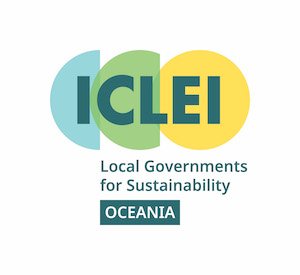Cities can slash global emissions 66% by 2050
A new report has shown that if cities can meet their own climate targets they could help to reduce global emissions by 44% by 2030 and 66% by 2050 against a business-as-usual scenario.
The graph shows the collective emission trajectories for more than 10,000 cities and local governments under business-as-usual against enhanced emissions reduction targets.
Through their existing emissions targets, GCoM cities (“enhanced ambition”) are aiming to deliver potential emissions savings against a BAU (“baseline”) scenario of 2.3 GtCO2 e in 2030 and 4.2 GtCO2 e in 2050. These savings represent a potential 44% reduction from the projected BAU emissions in 2030, and 66% reduction in 2050. Projected savings have increased since 2018; more cities are making more progress. (CDP-ICLEI Unified Reporting System and MyCovenant, n = 10,239 cities).
A new report Climate Emergency: Unlocking the Urban Opportunity Together has shown that if cities can meet their own climate targets they could help to reduce global emissions by 44% by 2030 and 66% by 2050 against a business-as-usual scenario.
The report was released in December 2019 by the Global Covenant of Mayors for Climate & Energy (GCoM), the world’s largest alliance of over 10,000 cities across 138 countries.
Around 30 Australian local and territory governments, including Perth, Hobart, Melbourne, ACT, Sydney and Adelaide, are part of the alliance and which has been strongly supported by the Council of Capital City Lord Mayors (CCCLM).
“The report underscores the incredible opportunity we have to activate cities across Australia to tackle climate change and draw down Australia’s emissions” said ICLEI Oceania Managing Director, Bernie Cotter.
Australian councils can to join the Australian Chapter of the GCoM by contacting ICLEI Oceania.
Read the full report here.
For more information, please contact ICLEI Oceania Managing Director, Bernie Cotter on 0431 265 860 / bernie.cotter@iclei.org
Written by Timothy Shue

